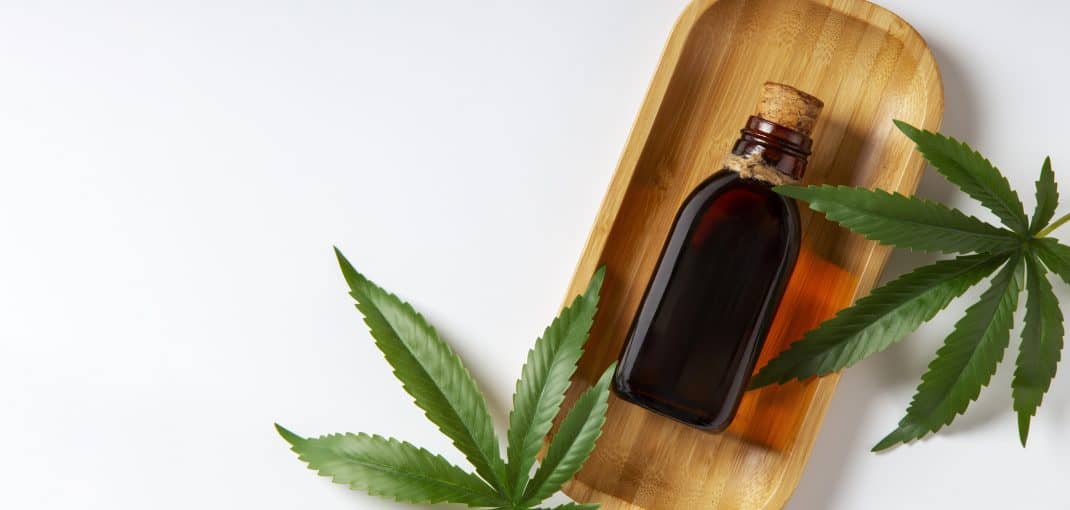CBD, meaning Cannabidiol – it is a natural substance that is found in cannabis or marijuana, also called hemp plants. Currently, CBD oil is found in capsules, tinctures, oil bases for vaporizers, food items, and beauty products such as lotions and bath bombs.
In this detailed article, you will learn about CBD’s functions, benefits, and side effects, as well as the recommended dosage.
CBD Meaning and What Does CBD Do?
Cannabidiol is a chemical that is found in the Cannabis sativa plant, which is also known as hemp or cannabis. Due to the presence of its therapeutic properties, it is gaining a lot of attention. It is because, unlike other cannabinoids like tetrahydrocannabinol, CBD does not have a psychoactive effect.
In addition, WHO has found that naturally occurring CBD is safe and well tolerated in humans. There is no evidence of any health-related issues associated with the use of CBD. When it is in pure form, it does not appear to cause harm.
CBD works in the human body by interacting with the receptors in the central nervous system. Also, some evidence was found that it offers a calming effect. Subsequently, CBD is known for providing anti-inflammatory and pain-relieving properties that aid with pain management.
CBD Benefits
Studies and researchers are looking for potential answers when it comes to exploring the complete potential of CBD. So, what have they discovered so far concerning the CBD benefits? Have a look at this section below:
Epilepsy Treatment
In some cases, CBD can be beneficial to treat epileptic seizures. The Food and Drug Administration (FDA), in 2018, approved CBD under the brand name Epidiolex to treat seizures. Moreover, the three well-reputed studies also support the FDA’s decision.
Depression and Anxiety
The most popular benefit of CBD is its ability to calm down. In 2017, it was tested on 57 men, and they experienced a significant change and reduced anxiety and depression. Thus, it is said that CBD is beneficial in reducing anxiety and depression; however, more trials are needed to prove the claim.
May Help in Relieve Pain
Another potential benefit of CBD is it has been used to treat pain since 2900 BC. The endocannabinoid system is responsible for performing complex cell signals as it is involved in functions like pain sensation. These endocannabinoids bind with the cannabinoid receptors to help relieve pain.
Anti-inflammatory Properties
Some small human studies and animal studies have also shown that CBD has anti-inflammatory properties. Nonetheless, these claims need to be verified more and backed with high-quality studies.
Beneficial for Heart Health
High blood pressure is one of the major reasons behind heart stroke and other heart diseases. Research has shown that CBD can be beneficial for people with high blood pressure as it can aid in widening blood vessels and influence heart muscle contractions.
CBD Effects
There are many studies that prove that CBD effects are safe to use and that there are no significant side effects. However, there are some reported mild side effects that are briefly described in the section below:
Low Blood Pressure
Elevated doses of CBD have shown a mild drop in the blood pressure. This might be a problem for people on high blood pressure medication. Moreover, low blood pressure is linked with lightheadedness, which makes most people uncomfortable.
Dizziness
The impact of CBD is different for everybody, depending on their age, gender, lifestyle, and body nature. At lower CBD doses, its impact is stimulating, like it improves focus and uplifts mood. While on the other hand, the higher CBD doses might induce dizziness.
Diarrhea
CBD has strong gastroprotective qualities that might stimulate it indirectly in the digestive tract. It decreases the gastric acid levels in the body, leading to improved blood flow and improved digestion. However, it usually contains MCT oil, which can irritate the stomach and cause diarrhea.
Dry Mouth
One of the most common side effects of CBD is dry mouth. This happens because of the CBD property of saliva inhibition. Luckily, this effect can be easily treated by consuming plenty of fluids before, after, and during the consumption of CBD.
Recommended Dose of CBD
Since the FDA is not currently regulating CBD, there are no specific recommended doses. Most of the clinical trials of CBD ranged from 100 to 800 mg per day. Nonetheless, before using any product, it is recommended that you speak to your healthcare provider and discuss the potential side effects of the drug to ensure its safety.
Concluding Thoughts
Although CBD is considered to be safe with many potential benefits for the human body, nonetheless, it is always recommended to talk to your doctor for any adverse impacts as some people might experience fatigue and diarrhea.
With that being said, more studies and research are required to draw specific conclusions, and some studies are still going on to ensure CBD is entirely safe for humans.
